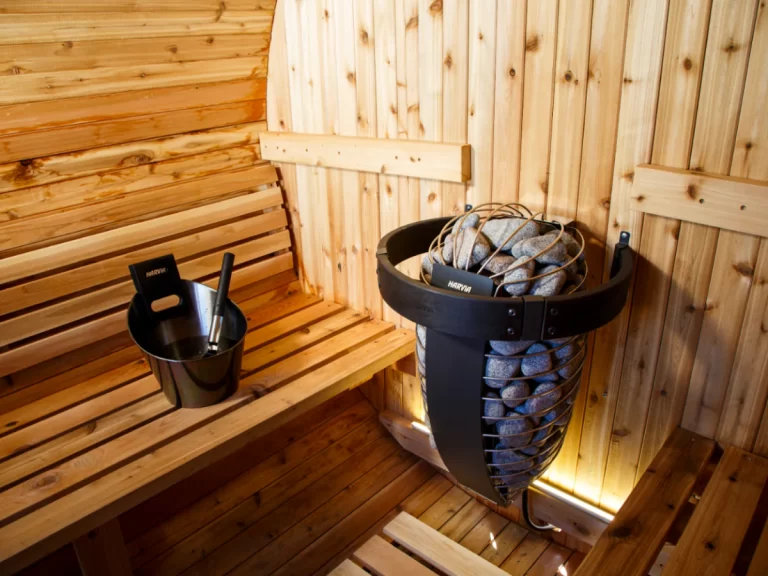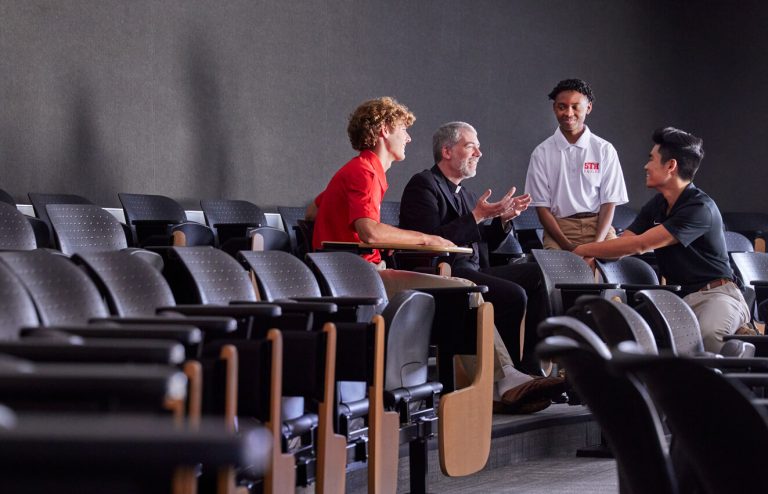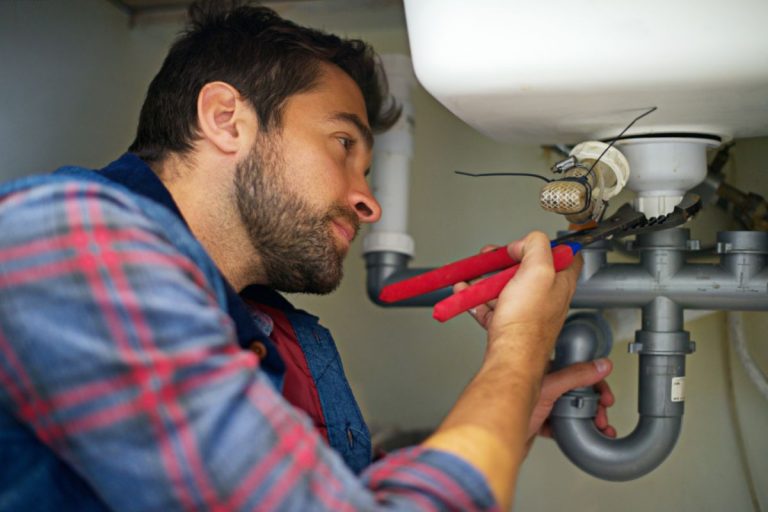Though many teenagers find it to be a difficult phase, adolescence is a time of major growth and transformation. Whether a person is dealing with mental health problems, addiction, or another personal crisis, loving and cheering surroundings can make all the difference in their path of recovery. Specialized teen residential treatment in Glendale offers a special chance for teenagers to participate in organized therapy, develop greater emotional resilience, and reestablish relationships with their hometowns. Teens who surround themselves with a supportive environment not only address their own difficulties but also get close to mentors and peers.
Fostering Emotional Growth and Healing
Teenagers undergoing residential treatment centers in group settings facilitate emotional rehabilitation. Interacting with people going through comparable challenges can offer a sense of empathy and encouragement unavailable in other environments. Programs like teen residential treatment equip teenagers with the means to safely and healthily explore their feelings. Group therapy, social connections, and personal introspection help them to develop trust, communication ability, and empathy. Their recovery process depends on these attributes, which also enable them to negotiate the complexity of their life and reestablish emotional connection.

Building Community and Connection
Residential therapy has a significant advantage in that it emphasizes community involvement. Particularly in cases of emotional trauma or drug usage, teens can feel alone. Through a teen residential treatment in Glendale, they join a community, stressing mutual support and development. Common in these environments are activities, group conversations, and community service projects that let teenagers develop better relationships and acquire important life skills. These common experiences allow teenagers to rely on people for support and help them to feel less alone on their path, therefore stressing the need for human interaction in trying circumstances.
Lifelong Skills for Healthy Relationships
Residential treatment’s capacity to provide teenagers the tools they need for long-term success is among its most potent features. A major component of emotional development is learning how to interact with people in a constructive and supportive way. Teens pick up good connection building, effective communication, and dispute resolution by working together in a controlled environment. These are abilities they can bring into their daily lives that go beyond their treatment.
Teens can heal, mature, and create lifelong relationships with residential treatment. By means of community involvement, kids acquire essential life skills and foster relationships that are indispensable in overcoming their obstacles. Teenagers who deepen their relationships with others come out of therapy more resilient and ready for the future.


















